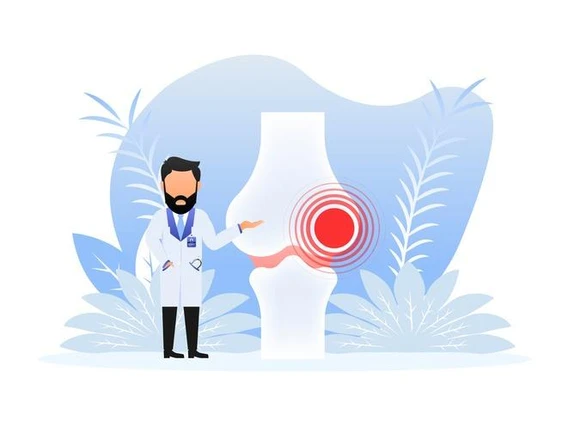How do I know if I have Sarcopenia?
Diagnosing sarcopenia typically involves a combination of clinical assessments, physical

examinations, and, in some cases, laboratory tests. If you suspect you may have sarcopenia or are concerned about muscle loss and decreased physical function, consider the following steps:
1. Self-Assessment:
- Symptoms: Take note of any symptoms associated with sarcopenia, such as a noticeable decrease in muscle mass, reduced strength, diminished physical performance, and difficulty with activities of daily living.
2. Medical History:
- Discuss with Healthcare Provider: Share your concerns with your healthcare provider during routine check-ups. Be prepared to provide information about your medical history, lifestyle, and any changes in physical function.
3. Physical Examination:
- Muscle Mass Assessment: Healthcare providers may visually assess your muscle mass and overall body composition during a physical examination.
4. Functional Assessments:
- Strength Testing: Your healthcare provider may conduct strength tests to assess the strength of specific muscle groups, such as grip strength.
- Functional Performance Tests: Functional assessments may include evaluating your ability to perform certain tasks, such as walking, standing from a seated position, or climbing stairs.
5. Imaging Studies:
- Dual-Energy X-ray Absorptiometry (DEXA): DEXA scans can provide information about bone density and body composition, including muscle mass.
6. Laboratory Tests:
- Blood Tests: Some blood tests may be ordered to assess nutritional status, hormone levels, and markers related to muscle health.
7. Questionnaires:
- Quality of Life and Functional Questionnaires: Your healthcare provider may ask you to complete questionnaires to assess your quality of life, physical function, and activities of daily living.
8. Consultation with Specialists:
- Physical Therapist or Exercise Specialist: Consulting with a physical therapist or exercise specialist can help assess your strength, flexibility, and overall physical function.
- Nutritionist/Dietitian: A nutritionist or dietitian can evaluate your dietary habits and provide guidance on nutritional strategies to support muscle health.
9. Bone Density Testing:
- Bone Density Scan (DXA): Since muscle and bone health are interconnected, a DXA scan may be used to assess bone density and overall musculoskeletal health.
10. Monitoring Changes:
- Regular Follow-Ups: If sarcopenia is suspected or diagnosed, healthcare providers may recommend regular follow-ups to monitor changes in muscle mass, strength, and overall function.
It’s important to emphasize that the diagnosis and management of sarcopenia are typically done in collaboration with healthcare professionals. If you have concerns about muscle loss or changes in physical function, schedule an appointment with your healthcare provider. They can perform a
comprehensive assessment, order appropriate tests, and develop a personalized plan to address your specific needs and health goals.


















